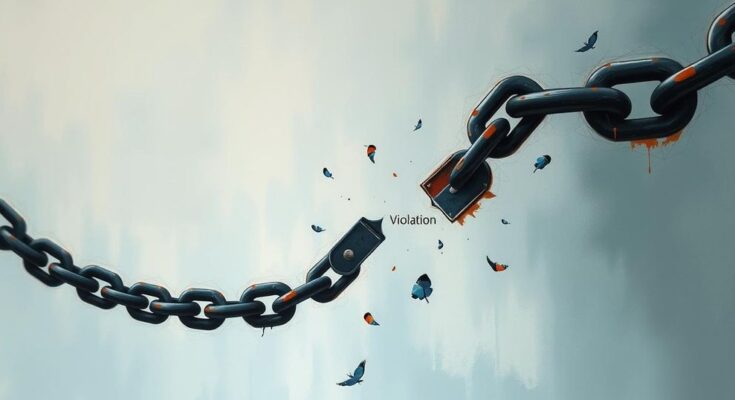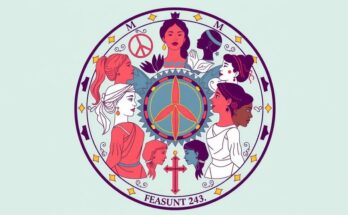In a significant acknowledgment, the South Korean government’s Truth and Reconciliation Commission has confirmed human rights violations stemming from the intercountry adoption process. This revelation arises from an extensive investigation revealing systemic flaws such as a lack of legislative frameworks, oversight, and proper adherence to procedures in managing adoptions.
The inquiry amassed critical evidence, including data drawn from four major adoption agencies and testimonies from 367 adoptees who were sent abroad between 1964 and 1999. Key issues identified include the government’s reliance on intercountry adoptions as a cheaper alternative to child welfare policies, a strategy rooted in South Korea’s challenging post-war economic landscape that resulted in rushed procedures and legal shortcomings.
Another core concern highlighted was the delegation of adoption authority to private agencies without adequate oversight, leading to serious failures in safeguarding children’s rights and curbing potential misconduct. Many children’s records were mishandled, leaving them devoid of essential legal protection.
The government has now confirmed eight major human rights violations, which include:
1. Absence of proper consent for adoptions.
2. Fabrication of records, including false reports on abandonment.
3. Minimal public notification for guardians.
4. Intentional identity substitutions.
5. Inadequate screening of adoptive parents.
6. Neglect of guardianship duties.
7. Mass exportation of children to satisfy demand.
8. Coerced donations for adoption processes.
This admission affirms the government’s failure to uphold the fundamental rights of its citizens. In response, the commission has urged the government to undertake several measures: to issue a formal government apology, conduct a thorough survey of adoptees’ citizenship status with relevant policies, offer remedies to those whose identities were altered, hasten the ratification of the Hague Convention regarding intercountry adoption, and ensure adoption agencies rectify adoptee rights.
Commenting on the findings, commission member Lee Sang Hoon noted the report falls short of healing the trauma endured by victims. In previous lawsuits, only 56 of 98 adoptees were acknowledged as victims.
International law mandates remedies for illegal intercountry adoptions, encompassing rights to truth, annulment of adoptions, reparation, and truth mechanisms, as per various international conventions, including Article 23 of the International Covenant on Civil and Political Rights.
The South Korean Truth and Reconciliation Commission has acknowledged human rights violations in the intercountry adoption process due to insufficient legislative frameworks and oversight. An investigation uncovered systemic issues, resulting in eight confirmed violations. The commission urged comprehensive policy reforms, including a government apology and better protection for adoptees’ rights, while highlighting the inadequacies in addressing the trauma of affected individuals.
The recent findings by the South Korean government underscore the urgent need to address historical human rights violations linked to intercountry adoptions. These revelations not only highlight systemic flaws and oversight failures but also call for significant reparative actions to restore the rights of adoptees. With an emphasis on reform and accountability, the way forward involves both acknowledgment and active measures to heal past injustices.
Original Source: www.jurist.org



